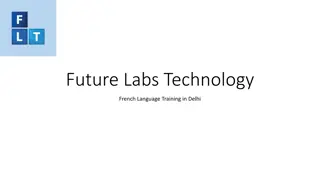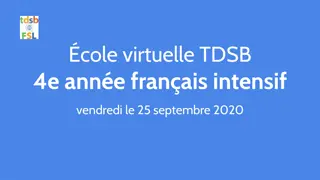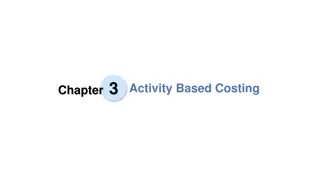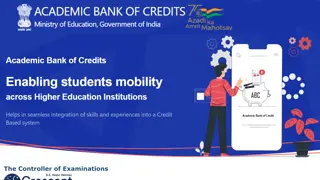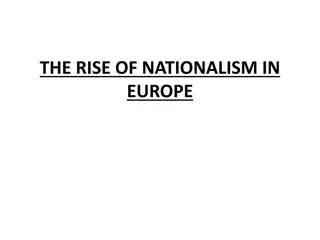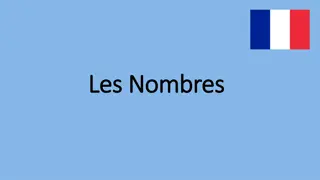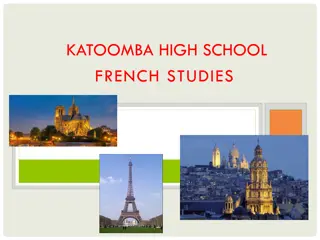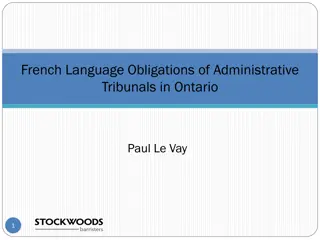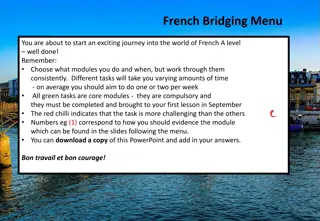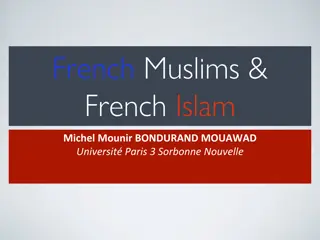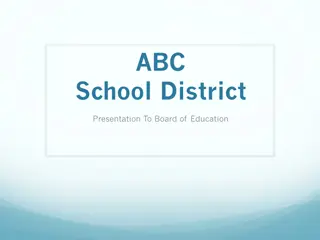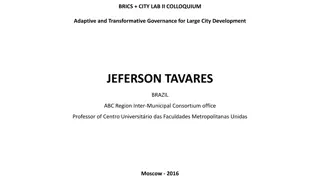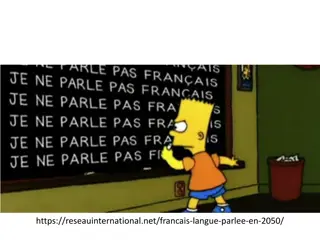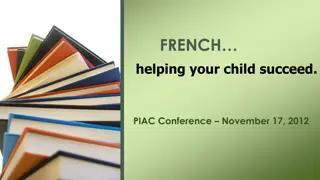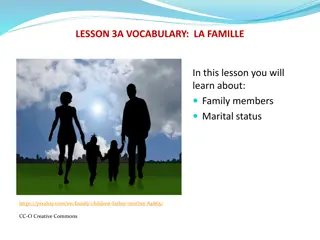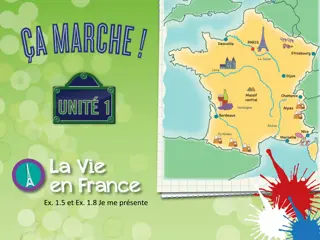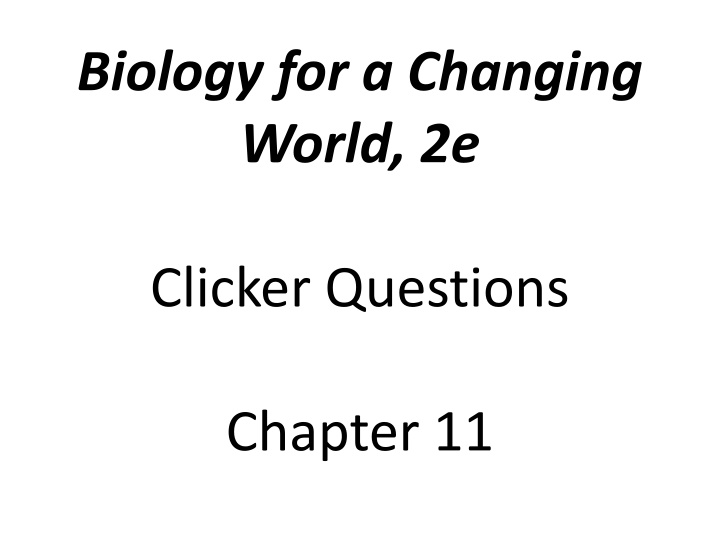
French View on Global Cooperation - AVH and ABC Global Book Service
Collaboration between AVH and ABC Global Book Service, offering a wide range of services to print-impaired individuals in France. Learn about the exchange of accessible documents, benefits, and tools for international cooperation. Discover how these initiatives are enhancing access to books in foreign languages and promoting metadata standards. Gain insight into the potential impact in the Marrakesh context and the importance of French ratification in the EU
Download Presentation

Please find below an Image/Link to download the presentation.
The content on the website is provided AS IS for your information and personal use only. It may not be sold, licensed, or shared on other websites without obtaining consent from the author. If you encounter any issues during the download, it is possible that the publisher has removed the file from their server.
You are allowed to download the files provided on this website for personal or commercial use, subject to the condition that they are used lawfully. All files are the property of their respective owners.
The content on the website is provided AS IS for your information and personal use only. It may not be sold, licensed, or shared on other websites without obtaining consent from the author.
E N D
Presentation Transcript
Biology for a Changing World, 2e Clicker Questions Chapter 11
Purple flowers, hairless kitties, and enzymes are all examples of A. genotypes B. phenotypes
How many copies of each chromosome are in a gamete? A. 1 B. 2 C. 23 D. 46
What is the function of meiosis? A. to increase the number of chromosomes B. to reduce the chromosome number by and increase genetic diversity C. cell repair D. organism development
Homologous chromosomes separate during A. genetic recombination or crossing over. B. zygote development. C. Meiosis I. D. Meiosis II.
Crossing and genetic recombination over occur during A. zygote development. B. Meiosis I. C. Meiosis II. D. the beginning of the cell cycle.
Which of the following enhances genetic diversity? A. Random fertilization B. Independent assortment of chromosomes C. Genetic recombination D. All of the above
A breeder crosses red roses with white roses and all offspring rose bushes produces red roses. Based on this information, you hypothesize that the allele for red roses is A. dominant. B. recessive.
Samuel crosses a homozygous brown cat to a homozygous white cat. Brown fur is a dominant trait. What is the genotypic ratio of the offspring produced by this cross? A. 2 Bb : 2 bb B. 3 brown cats : 1 white cat C. 100% Bb D. 1 BB : 2 Bb : 1 bb
Isabella breeds and sells chocolate labs, which are homozygous recessive. Isabella conducts a cross which produces the following results: 1 black lab : 1 chocolate lab. What are the parental genotypes? A. BB x bb B. Bb x Bb C. Bb x bb
What are the possible genotypes of a parent who can pass down a dominant allele to her offspring? A. Homozygous dominant B. Homozygous recessive C. Heterozygous D. A and C
A carrier of a gene is ____ for the gene. A. homozygous dominant B. homozygous recessive C. heterozygous D. A and C
If a plant breeder conducts a RrLl x RrLl cross, she will be tracking the inheritance of ___ genes. A. one B. two C. three D. all


